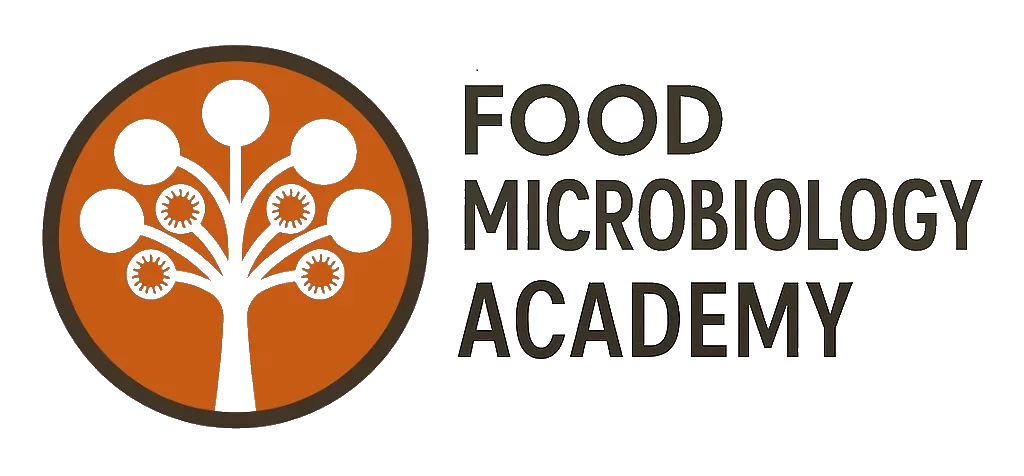On Wednesday this week, June 7, it is World Food Safety Day. The World Health Organization has stated this year’s theme is “Food standards save lives”. To showcase the food safety regulatory framework around the world, we are giving an overview each day of the food safety regulations in the three most populous countries on each inhabited continent. This is part 1 of 6, Africa, where we look into Nigeria, Ethiopia and Egypt.
Food safety regulations in Nigeria – National Agency for Food and Drug Administration and Control (NAFDAC) and the Federal Ministry of Health. These regulatory bodies work together to ensure the safety and quality of food products in Nigeria. Here are some key aspects of food safety regulations in Nigeria:
- National Agency for Food and Drug Administration and Control (NAFDAC):
- NAFDAC is the primary regulatory authority responsible for the regulation and control of food, drugs, cosmetics, and medical devices in Nigeria.
- Registration and Approval: Food businesses are required to register their products with NAFDAC and obtain product approval before marketing them in Nigeria. This process involves the assessment of safety, quality, and compliance with regulatory requirements.
- Food Safety Standards: NAFDAC establishes and enforces food safety standards and guidelines to ensure the safety, quality, and labeling of food products. These standards cover areas such as microbiological safety, chemical contaminants, food additives, and nutritional labeling.
- Good Manufacturing Practice (GMP): NAFDAC requires food manufacturers to adhere to GMP guidelines to ensure the production of safe and high-quality food products.
- Federal Ministry of Health:
- The Federal Ministry of Health oversees food safety regulations in Nigeria and collaborates with NAFDAC to enforce food safety standards and ensure public health.
- Food Safety and Quality Control: The ministry is responsible for formulating policies, guidelines, and regulations related to food safety and quality control. It provides guidance and support to regulatory bodies such as NAFDAC.
- National Food Safety Management Committee:
- The National Food Safety Management Committee (NFSMC) is responsible for coordinating food safety activities in Nigeria. It comprises representatives from various government agencies, industry stakeholders, and consumer organisations.
Food safety regulations in Ethiopia – Ethiopian Food and Drug Authority (EFDA), which operates under the Ministry of Health. The EFDA is responsible for ensuring the safety, quality, and efficacy of food products in Ethiopia. Here are some key aspects of food safety regulations in Ethiopia:
- Ethiopian Food and Drug Authority (EFDA):
- The EFDA is the regulatory body responsible for overseeing food safety regulations in Ethiopia.
- Registration and Licensing: Food businesses are required to register with the EFDA and obtain the necessary licenses to operate legally. This includes food processors, manufacturers, distributors, and importers.
- Food Safety Standards and Guidelines: The EFDA establishes food safety standards and guidelines that food businesses must comply with. These standards cover areas such as hygiene practices, handling, processing, storage conditions, labeling, and packaging requirements.
- Ethiopian Food, Medicine, and Healthcare Administration and Control Authority (FMHACA):
- The FMHACA, a regulatory body under the Ministry of Health, works in collaboration with the EFDA to ensure food safety in Ethiopia. It focuses on food safety aspects related to health and disease prevention.
Food safety regulations in Egypt – Ministry of Health and Population, through its Central Administration for Pharmaceutical Affairs and the National Food Safety Authority (NFSA). These regulatory bodies work together to ensure the safety, quality, and hygiene of food products in Egypt. Here are some key aspects of food safety regulations in Egypt:
- National Food Safety Authority (NFSA):
- The NFSA is responsible for regulating and overseeing food safety in Egypt. It formulates policies, standards, and guidelines to ensure the safety and quality of food products.
- Food Safety Standards: The NFSA establishes and enforces food safety standards and guidelines, covering various aspects such as hygiene practices, handling, processing, storage conditions, labeling, and packaging requirements.
- Licensing and Certification: Food businesses, including manufacturers, distributors, and importers, are required to obtain licenses and certifications from the NFSA to ensure compliance with food safety regulations.
- Central Administration for Pharmaceutical Affairs (CAPA):
- CAPA operates under the Ministry of Health and Population and is responsible for regulating and controlling food and drug products in Egypt. It works in collaboration with the NFSA to enforce food safety regulations.



